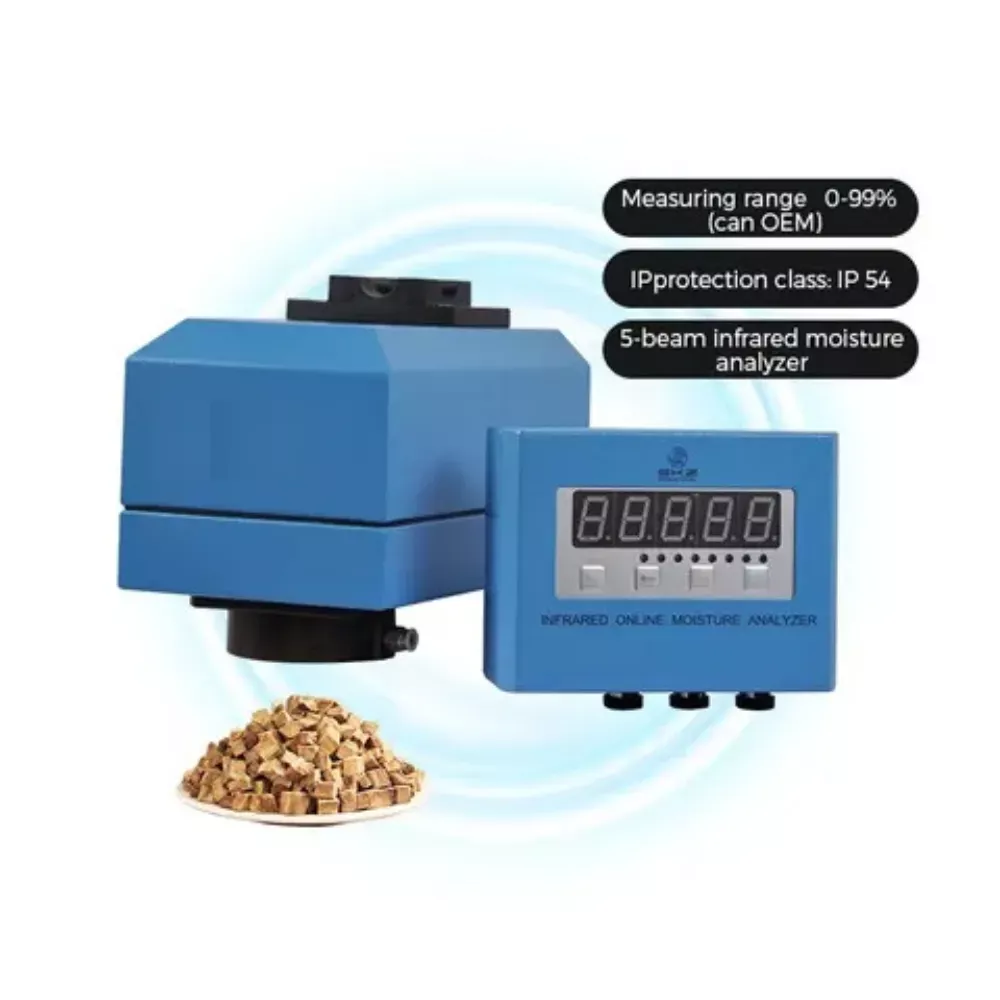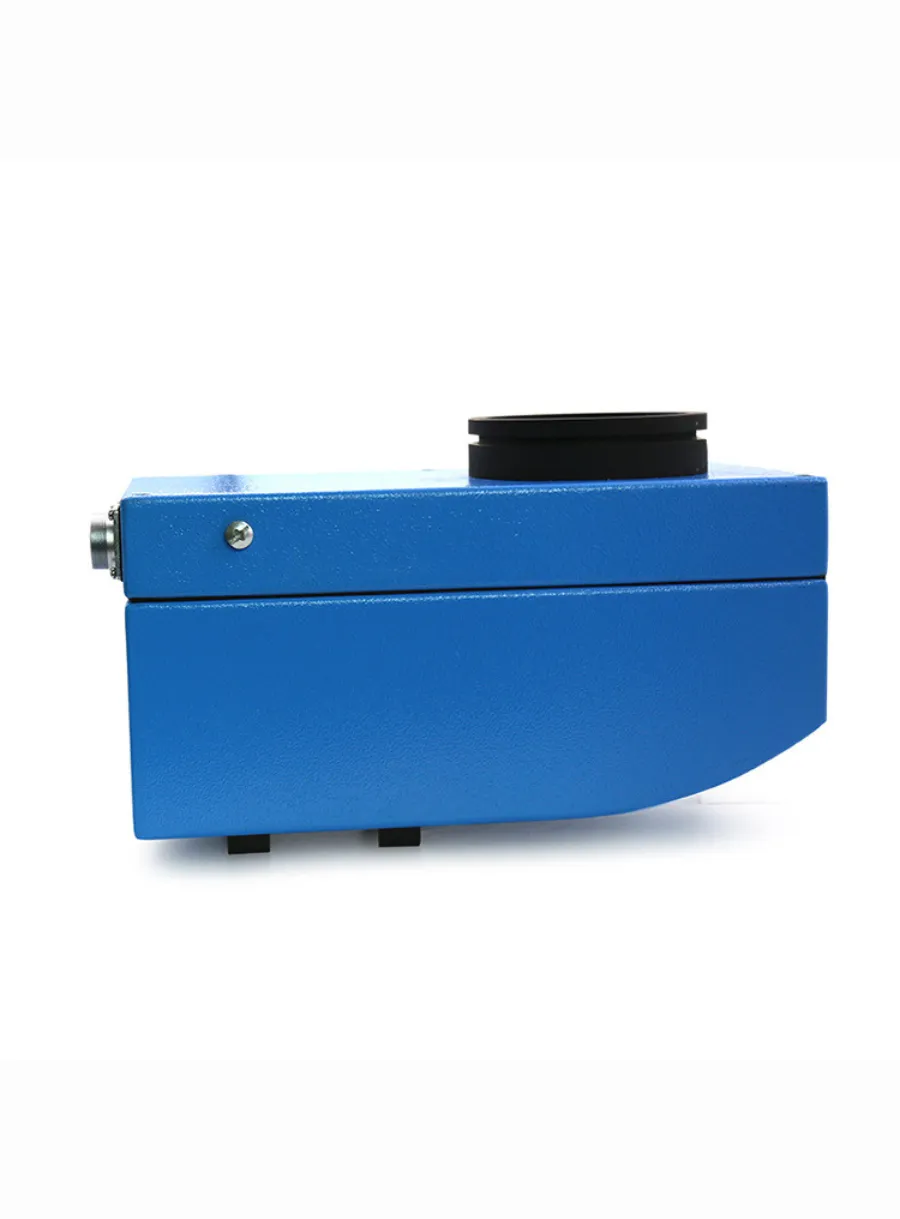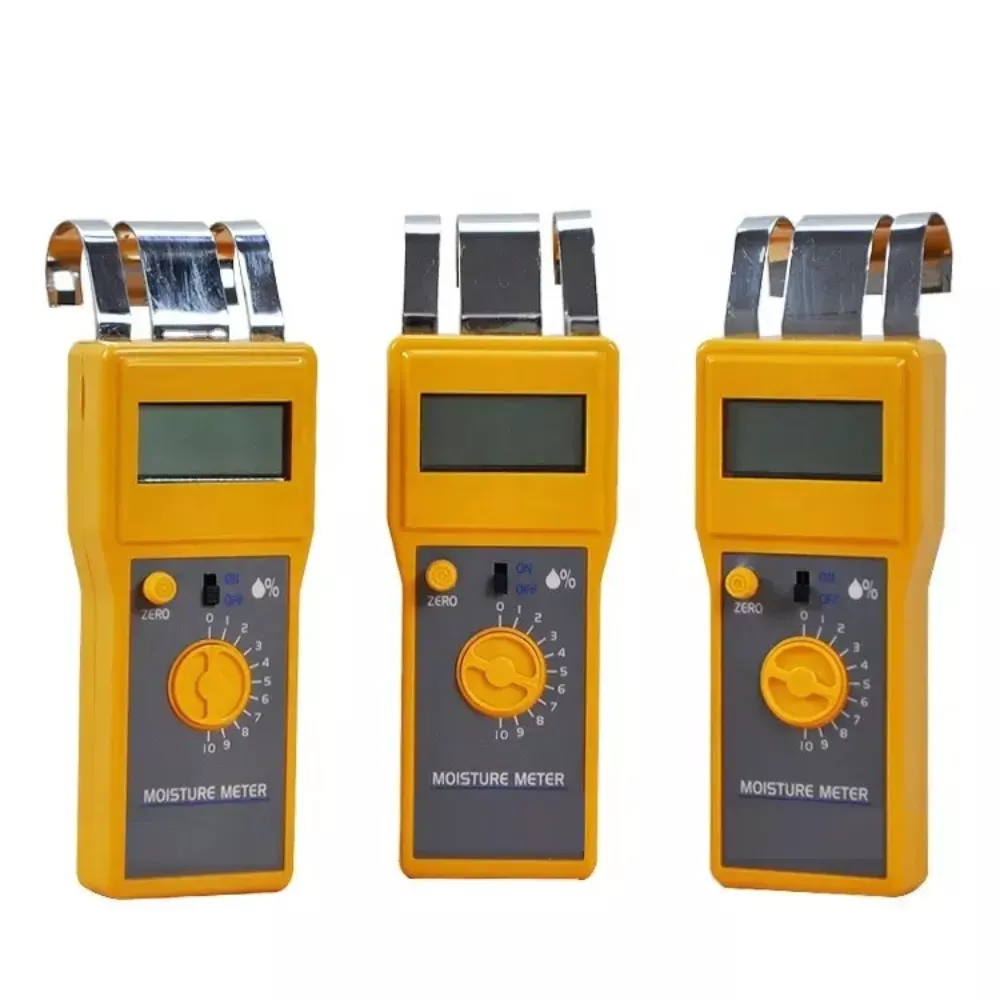
The Role of Soil Moisture Meters in Drought-Prone Areas
Table of Contents
Combating Water Scarcity: The Importance of Precise Irrigation
Soil moisture meters are essential tools for farmers and researchers in drought-prone areas, as they provide accurate and real-time measurements of soil moisture levels. By understanding the moisture content of the soil, farmers can make better decisions about when and how much to irrigate their crops. This not only helps to conserve water resources but also ensures that crops receive the optimal amount of moisture they need to grow and thrive.

Adaptive Irrigation: Responding to Changing Conditions
One of the primary benefits of soil moisture meters is their ability to detect changes in soil moisture levels over time. This allows farmers to monitor the effects of their irrigation practices on the soil and adjust them accordingly. For example, if a farmer notices that their soil moisture levels are dropping too quickly, they may decide to reduce the frequency or amount of irrigation to conserve water. Conversely, if soil moisture levels are too high, the farmer may choose to increase irrigation to prevent waterlogging and root rot.
Environmental Conservation: Protecting Ecosystems in Water-Stressed Regions
Soil moisture meters also play a vital role in environmental conservation efforts in drought-prone areas. By providing accurate data on soil moisture levels, researchers can better understand the impacts of water scarcity on ecosystems and develop strategies to mitigate these effects. For example, soil moisture meters can help identify areas where water conservation measures, such as rainwater harvesting or the construction of dams, are most needed.

Sustainable Agriculture: Promoting Efficiency and Reducing Environmental Impact
In addition to their practical applications, soil moisture meters also contribute to the development of more sustainable agricultural practices in drought-prone areas. By providing farmers with real-time data on soil moisture levels, they can make more informed decisions about when and how to irrigate their crops. This not only helps to conserve water resources but also reduces the environmental impact of agriculture, such as soil erosion and nutrient leaching.
Optimizing Inputs: Maximizing Resource Use for Sustainable Practices
Moreover, soil moisture meters can also help farmers to optimize their use of fertilizers and other inputs, which can further contribute to sustainable agricultural practices. By understanding the relationship between soil moisture and nutrient availability, farmers can apply fertilizers more efficiently, reducing the amount of nutrients that leach into waterways and contributing to water pollution.
Comments
Tags
Frequently Asked Question
While not predictive tools themselves, the data they provide on soil moisture trends can be used by experts to inform drought forecasting models.
Meters with high accuracy, durability in harsh conditions, and data logging capabilities are particularly beneficial in these regions.
Initiatives promoting affordable meter options, training programs, and government subsidies can help bridge the accessibility gap.
It can inform wildfire risk assessments, guide water resource management decisions, and support ecological restoration projects.


